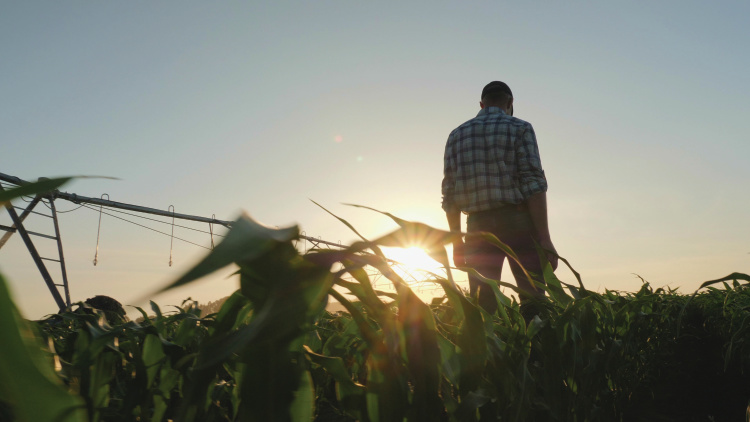Home > Tennessee > Tennessee Farm to Table > Tennessee Farmers Suicide Prevention Task Force Helps Farmers Cope in Hard Times
Tennessee Farmers Suicide Prevention Task Force Helps Farmers Cope in Hard Times
In partnership with: Tennessee Department of Agriculture
Farming is arguably one of the most important professions in the world. Tennessee farmers provide food, fuel and fiber for the state, country and people around the globe. And while working the land might seem like a relaxed, idyllic career, it actually carries a significant amount of stress and anxiety for farmers.
“There’s a lot of instability in farming in all aspects,” says Carol Coley McDonald, assistant commissioner at the Tennessee Department of Agriculture. “There are federal issues that are out of the farmers’ control, market unpredictability, weather extremes from year to year and debt-to-income disparities. A lot is just uncontrollable.”
Sometimes, that stress and anxiety prove to be too much. Suicide rates have increased in farmers, particularly white male farmers ages 25-34 and 75-84. A study led by the Kentucky Injury Prevention and Research Center reported 100 Kentucky farmer suicides between 2010 and 2016, and research shows male farmers are twice as likely to die by suicide as the general population.

Even with the stigma around mental illness lessening in today’s society, McDonald says many people outside of agriculture are unaware of this trend because farmers rarely feel comfortable talking about it.
“Farmers often don’t like to talk about themselves very much,” she says. “The variables in the industry can create a lot of anxiety, and most of the time they’re isolated in their work.”
To help those who are struggling, the Tennessee Farmers Suicide Prevention Task Force (TFSPTF) is working to provide resources and help create an engaging conversation around mental health in farming. The task force was formed in 2018 as part of the Tennessee Suicide Prevention Network, which is a public/private partnership that provides suicide prevention training, assists communities affected by suicide and offers grief support.
The members of the TFSPTF are represented by several agriculture organizations.
“We created a farmer stress response toolkit and are developing a brochure and a wallet card that’s specific to the farming and ag industry to help them in hard times,” McDonald says.
She says farming is unique in the stressors that operators deal with, and it’s important to understand those aspects when talking to them and trying to help.
See more: Mental Health Resources for Farmers
Know the Signs
If you’re concerned that someone in your life might be at risk to harm themselves or others, keep an eye out for these warning signs:
- Talk of suicide
- Increased use of drugs or alcohol
- Changes in sleep and/or eating patterns
- Increased irritability and criticism
- Withdrawal from family, friends and routines that were pleasurable
- Preoccupation with death
- Stopped taking medication as prescribed or hoarding medication
- Making last arrangements, giving away possessions
- Obtaining firearms
- Aggressive and disruptive behavior
- History of suicide of family member or friend
Reach out and ask for help
For help, call the National Suicide Prevention Lifeline at 1-(800)-273-8255 or text TN to 741741 to connect to the crisis text line and a trained counselor.



